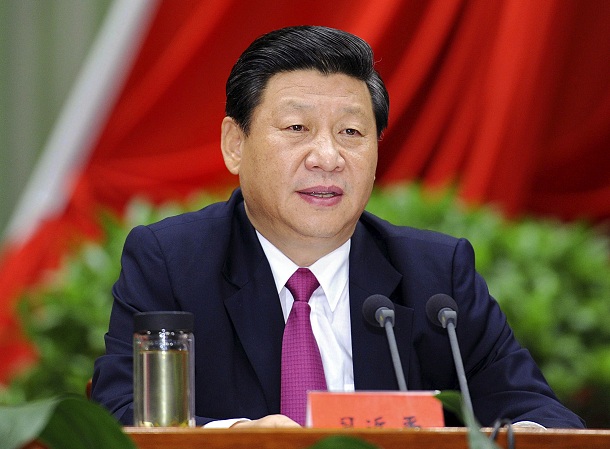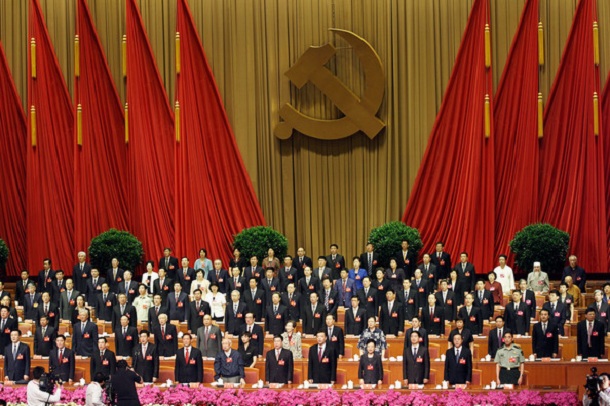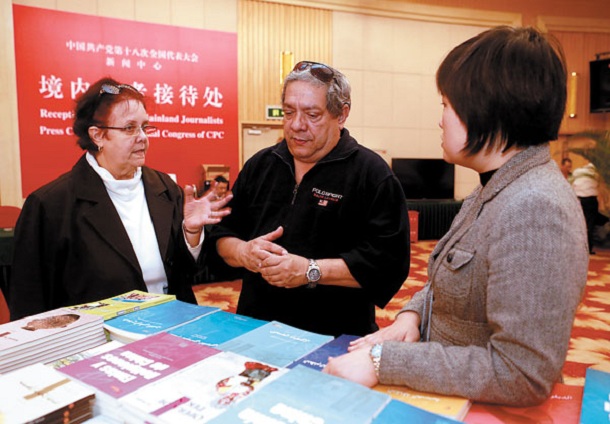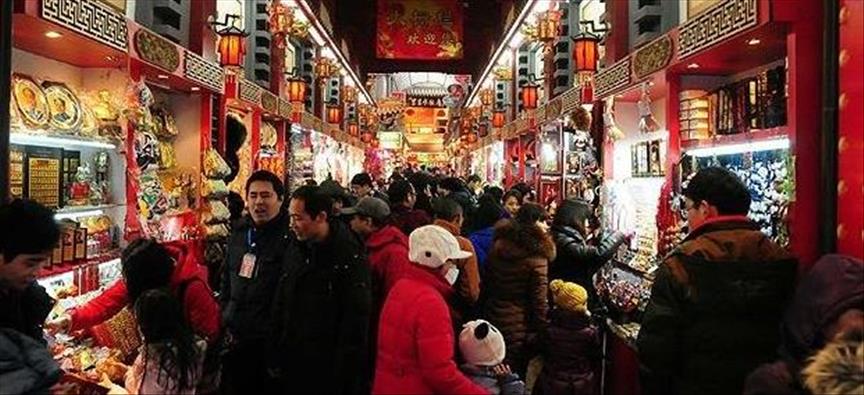Dissidents have been forced out of Beijing as a security lockdown begins ahead of the 18th Communist Party Congress in China.
Hong Kong-based Mirror Books website, which has accurately predicted China’s incoming leaders in the past, said on Friday it believed the new line-up would be dominated by party conservatives unlikely to make major reforms.
The South China Morning Post newspaper made the same prediction, citing sources close to the inner workings of the power transition.
The Politburo Standing Committee of the Chinese Communist Party currently consists of nine men, including Hu Jintao, who will step down as general secretary at the 18th Party Congress which begins next week, and his presumed successor, Vice President Xi Jinping.
Xi is expected to replace Hu, while current Vice Premier Li Keqiang appears set to take over from Prime Minister Wen Jiabao.
In addition to Xi and Li – the only current leaders who will not retire from the standing committee – Mirror Books predicted the new line-up would include Zhang Dejiang, Yu Zhengsheng, Liu Yunshan, Zhang Gaoli and Wang Qishan, citing sources close to the party.
The committee is expected to be cut from nine members to seven in an effort to simplify its consensus-style rule, while Hu and Wen will formally step down from their roles as president and premier in March.
China Communist Congress: Amnesty International expect more Human Rights from new Chinese Goverment.
Human rights lawyers, religious activists and political dissidents are among those forced to leave their homes in Beijing until the event is over.
Amnesty International says at least 130 people have been detained or had restrictions placed upon them since September.
Roseann Rife, head of East Asia at Amnesty International, said: “As a new generation of leaders prepares to take power in China, we are witnessing the same old tactics of repression against those that are courageous enough to peacefully challenge the regime on human rights.”
Amnesty says the police have placed dozens of activists under house arrest, forcibly removed individuals from Beijing, and have closed down the offices of community groups in attempts to suppress peaceful dissent.
It says activists are thought to be held in “black jails” across the country – unofficial, unlawful and secret places of detention.
Hotels, hostels, basements of buildings and farm centres have all been reportedly used as black jails.
Aids activist Hu Jia, normally under house arrest in the capital, wrote on his blog: “I was forced to leave Beijing with my parents under police supervision. I am in Anhui province.”
He said he would not be allowed to return home until November 20 – after the end of the congress.
The lawyer for prominent dissident artist Ai Weiwei said he had been banned from being in Beijing for the next two weeks.
He said the artist is currently visiting his home province of Jiangxi on business but police had been to see him and told him not to return until after the congress.
Controls are also being tightened on the transport network in an attempt to restrict activists from travelling to Beijing, Tibet or the Xinjiang Uighur Autonomous Region where protests are expected.
Anyone travelling by train to these areas in the next month is required to register their full name when they purchase their ticket.
China Communist Congress: Xi Jinping top candidate for China’s next President.

The congress sees a power transition in China which will lead to a new set of leaders for the next 10 years.
It is expected to culminate with Xi Jinping being confirmed as China’s next president.
In Beijing, events which will generate public gatherings have also been banned. An international school had its annual bonfire night celebrations cancelled on the direct orders of the Public Security Bureau.
A raft of measures has been announced in the capital which range from a ban on the sale of knives to taxi drivers being ordered to lock their windows.
Taxi drivers have also been warned that during the congress period they must avoid areas of political importance – for example Tiananmen Square and the Great Hall of the People, where it will be held.
In a memo, they have been told to “look for passengers who intend to spread messages by carrying balloons that bear slogans or ping pong balls bearing reactionary messages”.
The memo ordered them to “seal the windows of their vehicles to prevent passengers from spreading subversive ideas”.
In one-party China, there is no public involvement in the process to decide who runs the country.
The Communist Party elite decides amongst itself who will be in the all-powerful Standing Committee, which numbers less than 10 people, and who the president and premier will be.
[adrotate banner=”46″]




He should really build an xr6 turbo ute, might be so neat and distinctive as well!